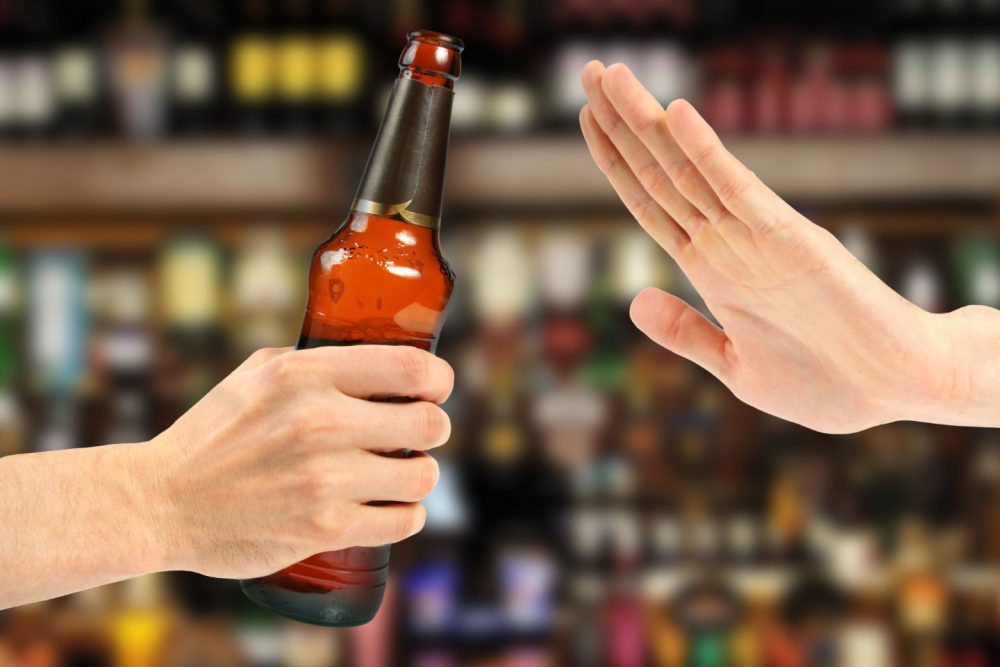
There’s no denying that within British culture, fitness and going to the gym are a huge part of our lives. Marathon applications are up and gym memberships are ever-increasing, with it estimated that around 15% of Brits now have one.
It’s also fair to state that alcohol consumption in the UK has increased. The pandemic has certainly played its part in that, leading to a 14% increase during that period, with many reports suggesting that it could lead to a generation of problem drinkers.
For millions, there will be a crossover of staying healthy through physical exercise while still maintaining an unhealthy relationship with alcohol. And the two aren’t really bedfellows.
Alcohol can have a huge impact on your fitness training and if you are wanting to take your physical health seriously, whether that be to train for a marathon or simply see optimum results from your training, then monitoring your consumption of alcohol really is a must.
For many, including professional athletes, seeking help is the best way to do this. Professional footballers such as Tony Adams and Paul Merson both sought alcohol rehab during their footballing careers, while there are dozens more examples, all-seeing an uplift in performance once clean.
At the amateur level, that may not be the extreme step that necessarily needed to be taken. It all depends on each individual’s relationship with alcohol
, but an alcohol detox or addressing the situation will certainly not hamper your performance. And here’s why…Alcohol’s Effect on Fitness Training
Training for Weight Loss
For those using fitness training to simply lose weight and achieve weight goals, alcoholic drinks can have a large impact. That’s down to the fact that not only do they carry no nutritional value, but also empty calories.
Firstly, those calories will naturally have an impact, just as any other food source would, while many forms of alcohol we also mix with drinks such as Coca-Cola or fruit juices that carry large amounts of sugar. This actually slows the fat-burning process down and ultimately will lessen the effect of your workouts.
Muscle Repair
No matter what the reason for your workout, there’s a chance you’re going to feel a little sore afterward. After all, no pain, no gain. You tear muscles during fitness training, they then repair and strengthen, in a nutshell making you physically fitter.
However, alcohol consumption during these periods will slow this process down. The body releases the human growth hormone, but with alcohol, in the system, the release will be slowed down and it’ll take longer for your body to recover.
Fatigue
Dehydration and fatigue are also heavily impacted by alcohol. You probably don’t need us to tell you that alcohol doesn’t rehydrate like water or other liquids. The consumption of alcohol slows down the production of glycogen, which allows the body to work out at a high intensity, aiding recovery.
However, consumption of alcohol will contribute to dehydration and if you’ve already been working out and secreting sweat, then you really are starving your body of the water it needs. That will lead to exhaustion and fatigue, which will have a significant impact on your day-to-day life, particularly if you are doing cardio training for long distances.
Overall Fitness
Naturally, overall fitness is hugely impacted as well as the after-effects of exercise. While you’ll feel more fatigued and take longer to recover, that impacts your overall performance, making you more sluggish and much weaker.
That of course not only affects fitness training and sporting performance but also daily life.
What you will begin to see, ideally, however, is that physical fitness training can often improve a relationship with alcohol. Studies have shown that the more active a person is the less a person is likely to drink. The dopamine release from exercise acts as the stress reliever and “happy drug” you’d get from drinking alcohol, in a much more natural way.
This, in the long run, will increase performance and productivity, not only in your fitness training, where you’ll start to feel the gains but also in your daily life. You’ll make smarter decisions, have more energy, and be generally much happier.
Getting Help
If you are looking to take your fitness training seriously but do have a problem with alcohol, then there’s help out there to get you on track and improve your lifestyle.
Alongside a number of charities, you’ll find many private centres where you can take courses and treatments from home or on campuses in order to tackle the problem, whether that be alcohol rehab or detox, and get you where you need to be. So, if you want to be running that marathon for a PB, competing in strength competitions, or simply getting your physical shape or performance where it needs to be, you and your body are on the best path to doing so.
